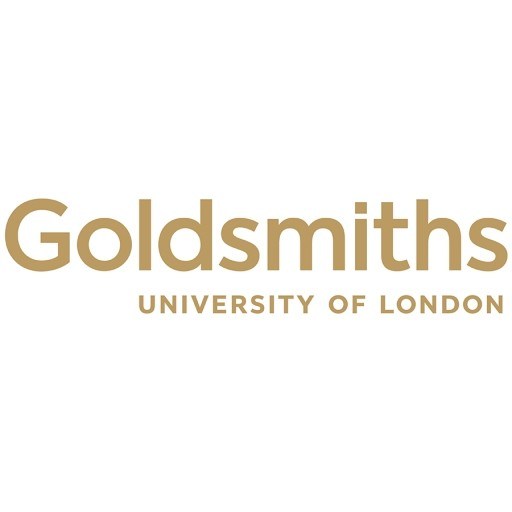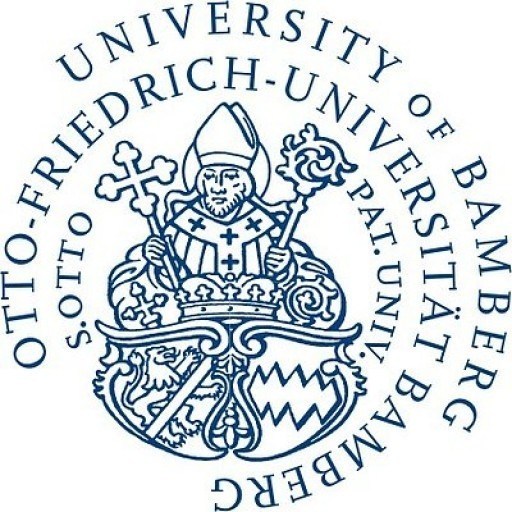Photos of university / #goldsmithsuol
The BA (Hons) English Literature with Creative Writing at Goldsmiths, University of London offers students an expansive and in-depth exploration of both classic and contemporary literature, combined with the opportunity to develop their own creative writing skills. This innovative program is designed for students who are passionate about reading, analyzing, and creating written works across a broad spectrum of genres and periods. Throughout the course, students will engage with a diverse range of texts, from early English literature to modern and postmodern writings, gaining a comprehensive understanding of the historical, cultural, and theoretical contexts that shape literary production.
The program emphasizes critical thinking, close textual analysis, and original writing, encouraging students to not only interpret literary works but also to produce their own creative texts. The creative writing component offers practical workshops, where students can experiment with fiction, poetry, or creative non-fiction, guided by experienced writers and tutors. Students will benefit from a vibrant academic community, with opportunities to participate in literary events, guest lectures, and collaborative projects that foster their growth as writers and scholars.
Designed with flexibility in mind, the course accommodates diverse interests and aspirations, whether students aim to pursue careers in publishing, education, journalism, or further academic research. The curriculum includes modules that cover literary history, theory, language, and critical methodologies, combined with dedicated creative writing modules that focus on developing voice, style, and narrative techniques. The program culminates in a substantial final project, allowing students to showcase their analytical and creative skills.
By studying at Goldsmiths, students will join a vibrant arts and humanities community committed to innovative and interdisciplinary approaches to the study of literature and creative writing. The state-of-the-art facilities, supportive teaching staff, and a rich cultural environment in London provide an inspiring backdrop for students to cultivate their literary talents and intellectual curiosity. Graduates of this program are well-equipped for careers in writing, editing, publishing, academia, and many other fields that value strong communication and analytical skills, combined with creative expression.
The BA (Hons) in English at Goldsmiths, University of London offers an engaging and comprehensive exploration of the English language, literature, and cultural studies. This programme is designed to develop your critical thinking, analytical skills, and creativity through a diverse curriculum that spans classical and contemporary texts, literary theory, linguistics, and creative writing. Students will examine a wide range of genres, including poetry, fiction, drama, and non-fiction, gaining valuable insights into the evolution of literature and its impact on society.
Throughout the course, you will have the opportunity to study renowned authors from different historical periods and regions, as well as emerging voices that shape contemporary literary landscapes. The programme emphasizes close reading and textual analysis, encouraging students to develop their own interpretations and arguments supported by rigorous research. In addition to literature, you will explore the study of language, its structure, history, and use, providing a deeper understanding of how language reflects and influences social and cultural identities.
The programme also offers modules in creative writing, enabling students to craft their own literary work and refine their writing skills in a supportive environment. Workshops and practical exercises are integrated into the curriculum to foster experimentation and personal expression. The interdisciplinary approach ensures that students gain a broad understanding of the cultural, historical, and theoretical contexts of texts, preparing them for careers in publishing, journalism, education, media, and beyond.
Goldsmiths’ vibrant campus and diverse student body create an enriching learning environment, complemented by access to excellent resources including the library, archives, and digital media facilities. The department also encourages participation in literary festivals, writing competitions, and placements, providing students with valuable industry experience. Graduates of this programme leave equipped with a nuanced understanding of the English language and literature, as well as the critical and creative skills necessary to succeed in a wide range of professional fields.
A minimum of 120 credits must be completed to satisfy the requirements for the degree. Students are expected to undertake a combination of core modules and optional modules, which together encompass a comprehensive study of the subject area. The core modules are designed to provide foundational knowledge and essential skills, ensuring all graduates attain a consistent level of understanding. Optional modules allow students to tailor their learning experience according to their interests and career aspirations, typically including a range of thematic areas within the discipline.
Students must successfully complete a compulsory dissertation or research project, which involves independent research, data collection, and analysis under academic supervision. This component is critical for developing research skills and applying theoretical knowledge to practical problems. Throughout the programme, students are required to attend lectures, seminars, and workshops, actively participate in discussions, and submit assignments by specified deadlines.
Assessment methods vary but generally include essays, coursework, presentations, and examinations. Continuous assessment is complemented by formal examinations in certain modules. To progress through the programme, students need to achieve passing grades in all modules and meet the overall credit requirements. A minimum overall grade point average (GPA) specified by the university must be maintained to qualify for graduation.
The programme emphasizes the development of critical thinking, analytical skills, and independent learning. It may also include opportunities for internships, placements, or collaborations with industry partners, particularly in work-related modules, to enhance practical experience and employability prospects. Regular academic reviews and feedback sessions are integral parts of the programme, supporting students’ academic development and ensuring they meet the learning outcomes established at programme inception.
The Financing studies program at Goldsmiths, University of London, offers a comprehensive overview of the financial aspects of the arts, humanities, and social sciences. The program is designed to equip students with essential skills in financial management, budgeting, and resource allocation within the cultural and creative sectors. Funding sources for students may include government-backed loans, scholarships, bursaries, and external grants, which are offered periodically based on academic achievement and financial need. Goldsmiths provides a range of financial aid options, including need-based support and merit-based scholarships, to help reduce the financial burden on students. Students are encouraged to explore external funding opportunities such as research grants, industry sponsorships, and partnership programs that are often promoted through departmental channels. The cost of tuition varies depending on the student's domicile status—UK, EU, or international—and is subject to annual review. Living expenses are an important consideration, with estimates provided to assist students in planning for accommodation, transportation, and personal expenses during their studies. The university also offers advice and guidance on financial planning and management through its dedicated student support services. Payment plans are available, giving students flexibility in managing their tuition fee payments over the course of their studies. For international students, additional costs such as health insurance, visa fees, and travel should be factored into the overall financial planning. The program also emphasizes the importance of securing funding through internships, part-time work opportunities on campus, and industry placements, which can provide valuable practical experience and supplementary income. Goldsmiths maintains strong networks with industry partners, facilitating access to sponsorship and funding opportunities relevant to the field of study. Students are advised to start their financial planning early, exploring all possible sources of funding to ensure they can fully benefit from the program without undue financial stress. Overall, the Financing studies program incorporates a combination of institutional support, external funding options, and strategic financial planning to support students throughout their academic journey.
The MA in English program at Goldsmiths, University of London, offers students a comprehensive and in-depth exploration of the English language and literature. This course is designed for those who wish to enhance their understanding of literary texts, language analysis, and critical thinking skills. Students have the opportunity to engage with a wide range of literary works from different periods, including medieval, early modern, and contemporary literature, fostering a deep appreciation of literary history and cultural contexts. The program emphasizes both theoretical and practical approaches to studying English, encouraging students to develop their analytical and interpretative skills through close reading, critical essays, and research projects.
The curriculum typically includes modules on literary theory, textual analysis, and language studies, allowing students to tailor their learning according to their interests. They may also explore topics such as gender studies, postcolonialism, and digital humanities, reflecting the diversity and relevance of modern English studies. The program is staffed by experienced academic staff who are active researchers in their fields, providing students with insights into current debates and developments in literature and language. Teaching methods include lectures, seminars, workshops, and individual supervision, creating an engaging academic environment.
Students are often encouraged to participate in research activities, conferences, and literary events, which enhance their academic and professional development. The program also offers opportunities for dissertation work, where students undertake independent research on a topic of their choice, guided by a faculty supervisor. Many graduates of this program go on to careers in academia, publishing, writing, teaching, or related fields, benefiting from the strong analytical and communication skills gained during their studies. Overall, the MA in English at Goldsmiths provides a challenging yet rewarding academic experience that prepares students for a range of professional pathways related to literature and language.










